Security in Focus: Poland’s EU Presidency and the Transatlantic Alliance in 2025
On January 1, 2025, Poland assumed the EU Council Presidency at a time of heightened security challenges, including the ongoing Russian invasion of Ukraine, foreign election interference, and persistent hybrid attacks targeting Europe’s critical infrastructure. This presidency also coincides with the start of new leadership on both sides of the Atlantic. Poland’s primary focus will be to bolster Europe’s security and defense, with an emphasis on strengthening cooperation with the United States. This raises important questions about the common and divergent security challenges across the Atlantic. What impact could the EU’s growing role as a security provider have on the transatlantic relationship and the NATO alliance?
Join us for a discussion, both in-person and online, on these critical questions as Poland’s EU leadership shapes the next six months of transatlantic cooperation. Our conversation, organized in cooperation with the Polish Institute of International Affairs (PISM), will feature experts working on transatlantic security.
Introductions

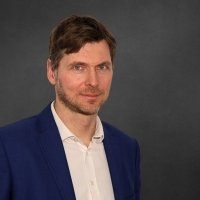
Keynote Speaker
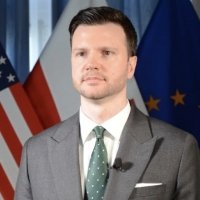
Moderator
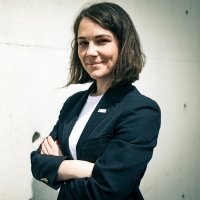
Panelists
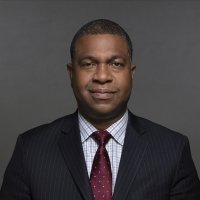
Partner and Practice Lead for National Security, Defense, and Aerospace at the Albright Stonebridge Group/DGA Group; Former Deputy Assistant Secretary of Defense for European and NATO Policy, US Department of Defense
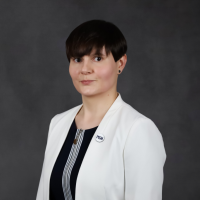
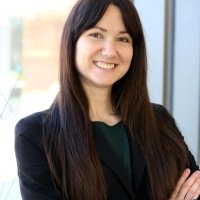
Postdoctoral Fellow, Johns Hopkins School of Advanced International Studies
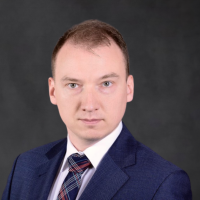
Hosted By

Global Europe Program
The Global Europe Program is focused on Europe’s capabilities, and how it engages on critical global issues. We investigate European approaches to critical global issues. We examine Europe’s relations with Russia and Eurasia, China and the Indo-Pacific, the Middle East and Africa. Our initiatives include “Ukraine in Europe”—an examination of what it will take to make Ukraine’s European future a reality. But we also examine the role of NATO, the European Union and the OSCE, Europe’s energy security, transatlantic trade disputes, and challenges to democracy. The Global Europe Program’s staff, scholars-in-residence, and Global Fellows participate in seminars, policy study groups, and international conferences to provide analytical recommendations to policy makers and the media. Read more

